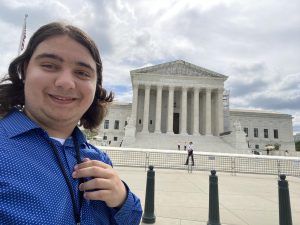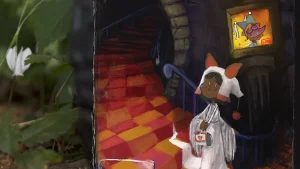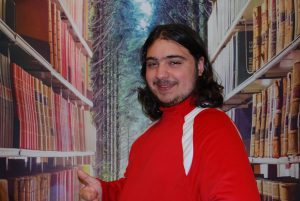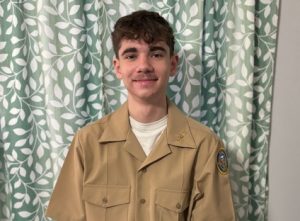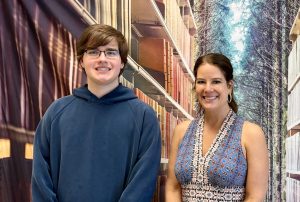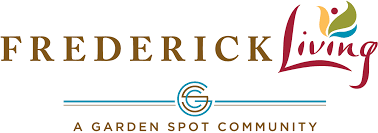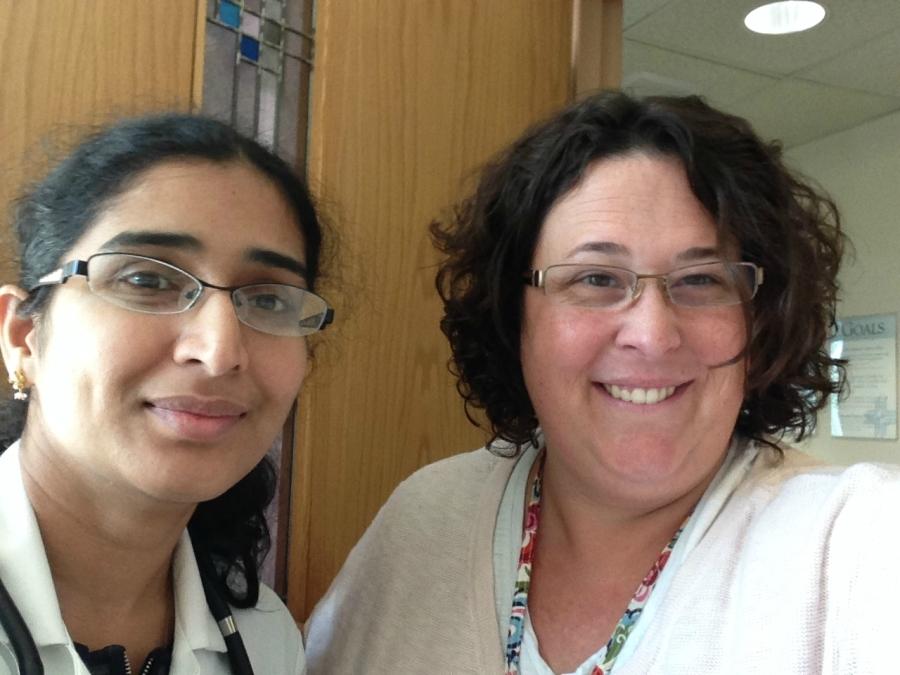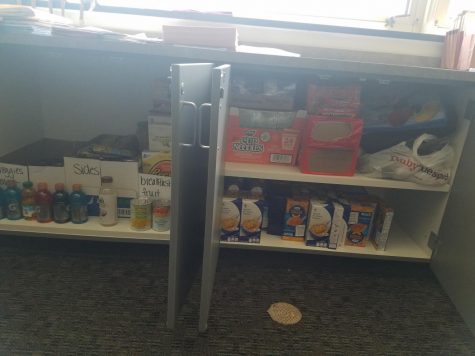Cancer Doctors Speak to Gifted Students
As part of its enrichment program, BASH Gifted students recently heard from a doctor and nurse who talked about cancer prevention and awareness.
Genetics Program Coordinator Patti Powers, RN, OCN, and Dr.Kalyani Narra, a hematologist and oncologist from Pottstown Memorial Regional Cancer Center gave presentation to the students on October 22. Dr. Narra went to school in India and took residency at Drexel University and Fox Chase Cancer Center.
“So many people don’t understand the risk factors of smoking and alcohol consumption,” she said. “We like visiting different places to help prevent people from getting cancer.”
She said the cancer center’s mission is to help patients, families, and caregivers by assisting them with the emotional and daily living needs of managing cancer treatment.
“We proactively reach out in support of those who are facing cancer and may benefit from our assistance,” she said.
Students can participate in multiple events in the local area to help people with cancer, Dr. Narra said.
Minithon is an annual event BASH will be holding later in the year. Students pledge to stand for 12 hours straight overnight while having friends and family donate money to The Four Diamonds fund, whose mission is to conquer childhood cancer by assisting children treated at Penn State Hershey Children’s Hospital and their families through care, support, and research. Also, June 27th, Boyertown will be hosting a Relay for Life event at Boyertown Community Park. Narra said there are also many opportunities to volunteer at local cancer centers and at The American Cancer Society.
Here is some of the information Dr. Narra and Mrs. Powers gave students about cancer:
Genes are pieces of DNA found inside each cell and give them instruction on how each one should function. There are about 25,000 genes inside of each cell. Most genes are contained in chromosomes. We have two copies of most genes, but for some genes only one copy is needed to serve its function.
A gene can mutate and affect the cell in many ways. Some mutations stop a protein from being made, can make protein serve a different function, or it can cause too much protein to be made. Cells become cancer cells because of gene mutations. As cells divide, the cancer spreads. Gene mutations can be passed down through inheritance.
About one-fifth of the breast cancer that runs in families is caused by mutations in genes like BRCA1 and BRCA2. People with these genes have over a 50 percent chance of developing breast cancer and about a 20 percent chance of developing ovarian cancer. If someone has these genes, they likely will have clinical breast exams every 6-12 months, yearly breast MRI, yearly Mammogram, Ultrasounds of the ovaries every 6 months, blood tests every 6 months, yearly skin tests, and medication such as tamoxifen.
There are over 1.6 million estimated new cancer cases every year; 854,000 men and 800,000 women. 29 percent of those women have developed breast cancer and 28 percent of those men have developed prostate cancer.
It is important to know what risk factors you have for developing cancer, Dr. Narra said. If anyone in your family had cancer before the age of 50, or if multiple family members had the cancer it is important that you talk to your doctor. Alcohol and smoking increase your risks, along with poor diet, physical inactivity, and prolonged sun exposure.
